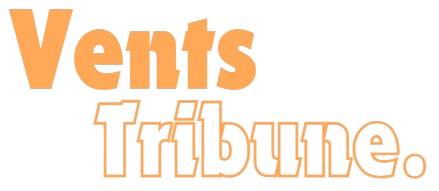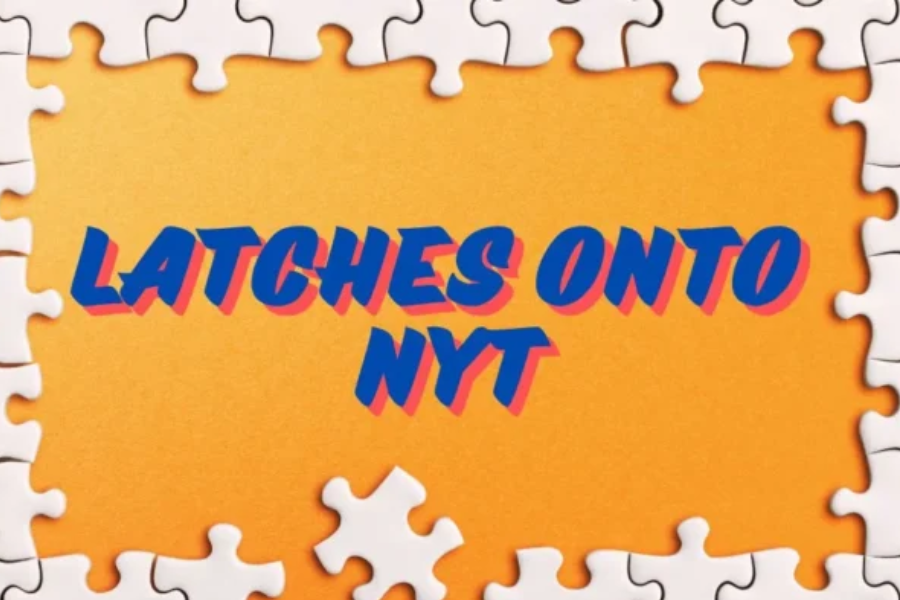Introduction
The New York Times Crossword is a famous puzzle that has fascinated enthusiasts for many years. Each day, countless fans eagerly anticipate the challenge, diving into the NYT crossword clues to decipher clever wordplay and put their vocabulary to the test. But what drives people to engage so passionately with these puzzles? In this article, we will delve into the attraction of these crosswords, the techniques solvers employ, and how anyone can enhance their skills to tackle NYT crossword clues like an expert.
The Allure of the NYT Crossword
The New York Times Crossword isn’t merely a puzzle; for many, it’s a cherished daily ritual. The excitement of cracking each clue, the pleasure of watching the grid come together, and the pride of finishing the puzzle are all reasons people eagerly tackle NYT crossword clues. The difficulty level varies throughout the week, starting with simpler clues on Mondays and ramping up to highly challenging ones by Saturdays. The Sunday puzzle, in particular, stands out with its larger and more intricate design, requiring a distinct strategy to master NYT crossword clues effectively.
A Tradition of Excellence
Since its launch in 1942, the NYT Crossword has set the standard for quality and innovation in puzzle crafting. Under the stewardship of Will Shortz, who has been the crossword editor since 1993, the puzzle has remained a showcase of ingenious wordplay, cultural allusions, and new themes. This dedication to excellence is the reason why enthusiasts from across the globe eagerly engage with NYT crossword clues each day.
Strategies to latches onto NYT Crossword Clues
Although the puzzles can be quite challenging, there are strategies that can help solvers tackle NYT crossword clues more effectively. Whether you’re a beginner or a seasoned pro, these tips can boost your solving abilities and make the process more enjoyable.
Start with the Easiest Clues
A great strategy for tackling NYT crossword clues is to begin with the simpler ones. Focus on fill-in-the-blank clues or familiar crossword answers. These often serve as a starting point, helping you establish a foothold in the grid and making it easier to approach the more difficult clues.
Pay Attention to the Clue’s Wording
The phrasing of a clue can often provide valuable hints about the answer. Familiarity with common crossword conventions—such as abbreviations, wordplay, and puns—can significantly improve your ability to decipher NYT crossword clues. For instance, when a clue ends with a question mark, it usually signals that a pun or playful twist is involved.
Leverage Cross-References
Cross-references within the puzzle can be extremely useful. By tackling interconnected clues, you can unlock NYT crossword clues that may have initially seemed elusive. Completing one section of the grid often uncovers letters that help solve other parts of the puzzle.
Use Crossword Solving Tools
Online tools and apps can be valuable resources for tackling challenging puzzles. Although some purists prefer solving without assistance, using a crossword dictionary or solving app can be beneficial when you’re stuck on NYT crossword clues. These tools not only help you find solutions but also expand your vocabulary and enhance your overall solving abilities.
The Joy of latches onto NYT Crossword Clues
Solving the NYT Crossword offers a special thrill, especially when you crack clues that initially seemed impossible. The experience of working through the puzzle, using creative thinking, and ultimately watching the grid come together is deeply rewarding.
Building a Community
The NYT Crossword community is lively and inviting. Online forums, social media groups, and local gatherings offer opportunities for solvers to discuss puzzles, exchange tips, and celebrate their achievements. Engaging with this community can enrich your experience and improve your ability to tackle NYT crossword clues by learning from fellow enthusiasts.
Personal Growth and Brain Training
Solving crosswords is an excellent way to keep your mind active. Research indicates that engaging in puzzles like the NYT Crossword can enhance cognitive functions, including memory and problem-solving abilities. The mental challenge and sense of accomplishment from deciphering NYT crossword clues contribute to overall brain health.
Conclusion
The New York Times Crossword is much more than just a daily challenge; it’s a beloved tradition that engages minds across the globe. The allure of these puzzles lies in their ability to offer both a mental workout and a sense of accomplishment. By mastering strategies to approach NYT crossword clues effectively, from tackling the easier clues first to leveraging crossword-solving tools, enthusiasts can enhance their skills and fully appreciate the intricate artistry of the puzzles. Whether you’re a seasoned solver or just starting, the joy of cracking a tough clue and the camaraderie of the crossword community make the experience all the more rewarding. Engaging with the NYT Crossword not only sharpens your intellect but also connects you with a wider world of puzzle lovers, making each solving session a personal and communal celebration.
FAQs
1. What does “latches onto NYT crossword clue” mean?
“Latches onto NYT crossword clue” refers to the process of successfully solving or connecting with a specific clue in The New York Times Crossword. It’s about figuring out the answer and integrating it into the overall puzzle.
2. How can I improve my skills with NYT crossword clues?
Improving your skills involves starting with easier clues, paying attention to the wording and possible puns in the clues, leveraging cross-references, and using crossword-solving tools when necessary. Regular practice and engaging with the crossword community can also help.
3. Are there any specific tools I should use for solving NYT crosswords?
Yes, crossword dictionaries, online crossword-solving apps, and word finders can be valuable tools. They help you find solutions when you’re stuck and can also expand your vocabulary.
4. How often should I solve the NYT Crossword to see improvement?
Regular practice is key. Solving the crossword daily or as often as possible will help you become more familiar with common clues, patterns, and solving strategies.
5. Can solving NYT crosswords benefit my brain?
Absolutely! Research suggests that engaging in crossword puzzles can enhance cognitive functions such as memory and problem-solving abilities. It provides a mental workout that contributes to overall brain health.
6. Is there a community where I can discuss NYT Crossword puzzles?
Yes, there are many online forums, social media groups, and local gatherings where crossword enthusiasts discuss puzzles, share tips, and celebrate their solving achievements. Engaging with these communities can enrich your crossword-solving experience.
Get the latest scoop and updates on ventstribune

